Research that heals.
Should Clinical Guidelines Continue to Require Fibrosis Assessments Prior to Initiating Hepatitis C Treatment in British Columbia?
Pre-treatment fibrosis levels are used to monitor for liver damage prior to initiating treatment for hepatitis C Virus and required to access provincial reimbursement for treatment. However, given that modern hepatitis C therapies are considerably safer and that early treatment is recommended, some have raised question of the value of fibrosis assessments – particularly among younger people with hepatitis C. The present study was conducted to examine the levels of fibrosis among patients initiating DAA treatment over time and by age in order to inform discussions regarding the role of pre-treatment fibrosis assessments.
The Climate-related Ecological Distress and Resilience Study (CEDAR)
The Cedar Study aims to better understand climate-related ecological distress and resilience among people living in British Columbia and the rest of Canada. CEDAR is administered in partnership with the Mental Health and Climate Change Alliance.
Evaluation of The Cool Aid Community Health Centre’s Risk Mitigation Guidance for Overdose
In the wake of the COVID-19 pandemic, British Columbia issued risk mitigation guidance to prevent overdose deaths among people who used drugs. The guidance made provisions for safer supply prescribing. This project aims to evaluate the guidance through a chart review of patient records who enrolled in the Cool Aid Community Health Centre’s safer supply prescribing program.
Vancouver Island Sexual Health and Educaiton Needs Survey
This Vancouver Island Sexual Health and Education Needs Survey aims to assess the sexual health and education needs of people living on Vancouver Island for the intent of quality assurance, quality improvement, and program evaluation of ISHS educational and clinical services. These assessments were needed to help guide the clinic as it undertook an expansion of its clinical services in order to provide primary health care for people with intersecting sexual, social, and physical health challenges. The survey, led by Dr. Kiffer Card, was developed by the Island Sexual Health Society’s (ISHS) Education Team, based on consultations with patients, volunteers, and staff and funded with generous support from the Vancouver Island BC SUPPORT Unit.
Crystal Meth Project
The Crystal Meth Project is is a province-wide survey of guys who use methamphetamine (“meth”, “crystal”, “tina”, “ice”). The survey asks questions about your experiences using drugs, opinions on treatment programs for meth use, and adverse experiences of trauma, poor mental health, and violence. The overall goal of this project is to develop tailored public health harm reduction and treatment services among sexual and gender minority men who use crystal meth and to evaluate what factors impact treatment readiness and healthcare needs.
The COAST Study
The Comparative Outcomes And Service Utilization Trends (COAST) study is a population-based cohort study that aims to examine the health outcomes and health service use of people living with HIV (PLHIV), including both those who are accessing and not accessing antiretroviral therapy, as compared to the general population of British Columbia. The study comprises two defined cohorts of adults: a cohort including PLHIV and a comparison group consisting of a 10% random sample of adults from the general population of BC followed from 1992 to 2018.
Youth Experiences Project
The Youth Experiences Project met with youth in Victoria, Chilliwack and Prince George, BC in 2017-18. The purpose of this research was to learn more about interactions between the police and YWUD and how these experiences affect their lives. We were particularly interested in street checks, youths’ perceptions of police and procedural justice, social support, stigma and discrimination, the actual encounters youth had with police, overdose, normalization of marijuana and youths’ recommendations on improving relationships between YWUD and police. In total 449 participants were surveyed, 38 of whom provided in-depth descriptions about their experiences with substance use and police.
Sex Now Survey
Originating at Pride festivals across British Columbia in 2002, Sex Now is the largest and longest running survey of gay, bi-, and queer men in Canada. It has been administered both online and in-person at events across Canada in both official languages. Often referred to as “the gay census”, Sex Now has become an essential source of data on the health and well-being of GBT2Q in Canada, and is widely used by community, public health, research, and policy stakeholders. The Sex Now Survey is used as Canada’s national sentinel behavioural surveillance study known as “M-track”.
The Equity Weights Project
To address health inequities, a systematic method for health resource allocation is essential. Equity-weighting in cost-benefit and cost-effectiveness analyses can balance equity and efficiency. This mathematical adjustment to Quality Adjusted Life Year (QALY) or Cost-Effectiveness Threshold (CET) either (a) values health gains higher for disadvantaged groups or (b) adjusts the cost-effectiveness benchmark for interventions in these groups. This guide advocates for the use of equity weights in resource allocation, highlighting challenges in their application. We argue that different QALY valuations for distinct populations can mitigate inequities without significant efficiency loss, even if not perfectly aligned with disease severity. Weights ranging from 1.5 to 3.5 are both publicly acceptable and suitable for cost-benefit evaluations.
Momentum & Engage
The Momentum and Engage Studies are longitudinal bio-behavioural cohorts of gay, bisexual, and other men who have sex with men. The first cohort (Momentum) recruited participants between 2012 and 2014 using respondent driven sampling in Vancouver, British Columbia. Modelling the success of this cohort, the Engage study again used respondent driven sampling to recruit men in Vancouver, Montreal, and Toronto. Participants are followed for four years and complete surveys and nursing visits every six months. Participants living with HIV have the option to extend follow-up, if they wish.
Canadian Social Connections Survey
The CSCS is a serial cross-sectional survey with a longitudinal sub-cohort that aims to study the social health and wellbeing of Canadians in the wake of the COVID-19 pandemic. The CSCS is administered in partnership with the Institute for Social Connection and the GenWell Project.
TheTRIP Study
The Trip Study aims to develop lower risk psilocybin use guidance.

